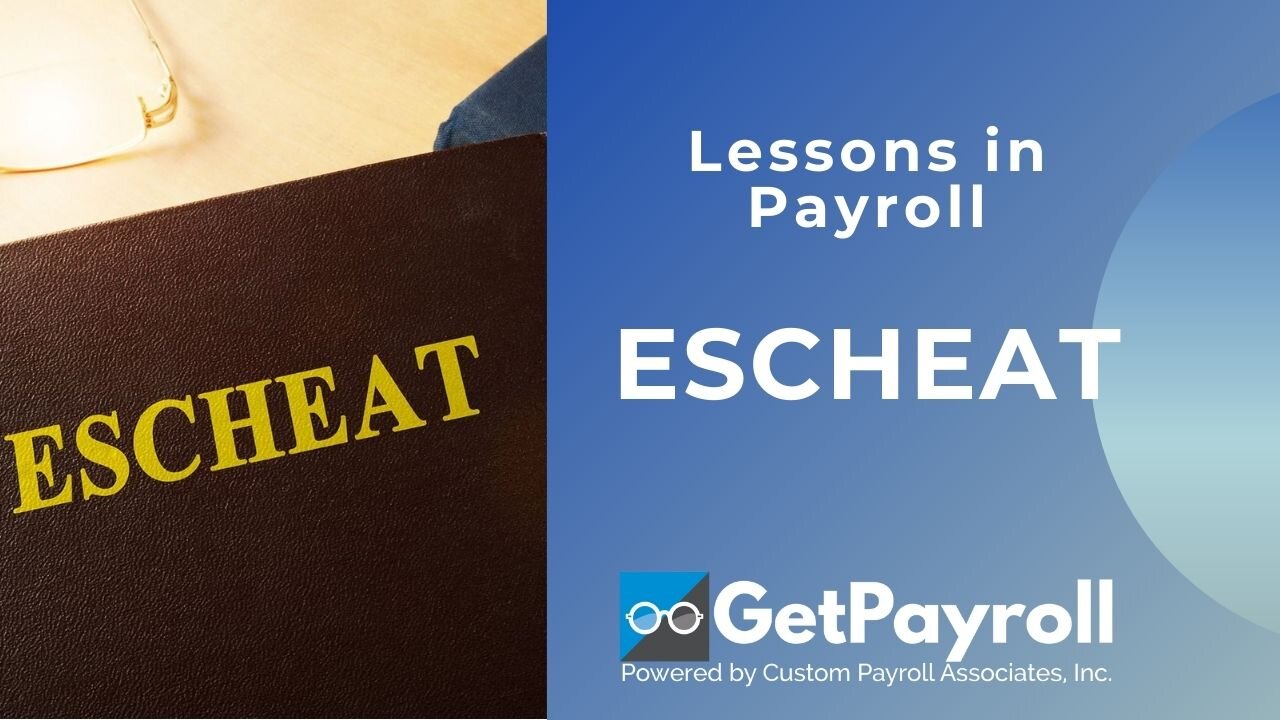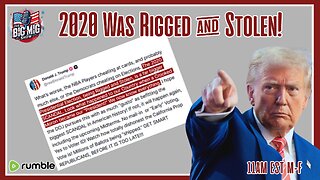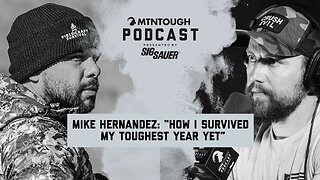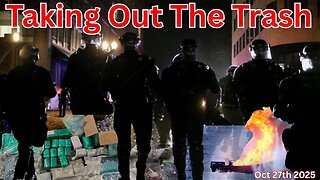Premium Only Content

ESCHEAT: Lessons in Payroll with Charles Read
GetPayroll President Charles Read shares his years of knowledge of the payroll landscape to the masses. today's lesson: ESCHEAT.
www.getpayroll.com
www.thepayrollbook.com
TRANSCRIPT:
"It may seem highly unlikely, but the issue of what to do with unclaimed checks that are uncashed by employees is an ongoing payroll problem. The problem arises when an employee is discharged or resigns and fails to pick up or claim any wages owed.
Or the ex-employee does not cash a check for whatever reason, or a direct deposit returned and never reclaimed by the employee. According to state abandoned property laws, unclaimed wages become a form of “abandoned property” that the employer must pay over to the appropriate state treasury if they remain unclaimed for a certain number of months or years.
The state laws governing abandoned property are known as ESCHEAT laws because the property escheats to the state. Every state does this. Type your state name and the word “escheat” into your search engine and the state department that handles unclaimed property should be one of the first results.
Most states require employers to contact employees to keep unclaimed wages from becoming abandoned property. They are also generally required to file annual reports with the state that include each employee's name, last known address, amount, and payment date of the unclaimed wages, and the date of the last contact with the employee.
With that report, the wages need to be sent to the State Treasury, which will “hold on” to the money indefinitely for the individual. Some states put a minimum level such as $50.00, below which the unclaimed wages do not have to be reported or sent to the state because it is not worth it to the State to process such small amounts.
As an employer, your responsibility for paying those wages is over when you have submitted those funds and completed information to the State. If the former employee contacts you sometime in the future about an amount you have submitted to the State have them contact the State directly, you are no longer responsible for the funds, the State is.
Sending money as escheat to the State does not in any way change your tax obligations at any level.
If you would like to learn more about escheat, check out our website at www.getpayroll.com or check my book: The Payroll Book: A Guide for Small Businesses and Startups. Available at www.thepayrollbook.com, Amazon, or wherever fine books are sold. Thanks for listening."
-
 2:00
2:00
rollingout_BusinessXchange
3 years agoCharles Chapman talks with rolling out
424 -
 1:34
1:34
WMAR
3 years agoStolen dog reunited with owner in Charles Village
13 -
 3:46
3:46
Destinyrider13
3 years agoPokemon White2:A Triple Battle with Heartbreaker Charles
23 -
 LIVE
LIVE
Benny Johnson
59 minutes agoBOMBSHELL: New January 6th Pipe Bomb Footage EXPOSES Lies of Woman Who 'Discovered' Bomb | 'FED?!'
4,598 watching -
 LIVE
LIVE
Caleb Hammer
35 minutes agoThese Illegal Immigrants Are F*cked | Financial Audit
200 watching -
 LIVE
LIVE
The Big Mig™
1 hour agoTrump, 2020 Was Rigged & Stolen, We Have It All!
109 watching -
 1:03:17
1:03:17
MTNTOUGH Podcast w/ Dustin Diefenderfer
1 hour agoMike Hernandez: Near Death Crash and Self-Reliance Secrets | MTNPOD #139
3 -

Graham Allen
2 hours agoDid NEWSOM Just Admit He’s Running?? Did Trump Just Endorse Vance 2028?! + Zohran Is Going To DESTROY NYC!!
90K23 -
 LIVE
LIVE
Matt Kohrs
13 hours agoUS China Trade Deal, Records Highs & The Week Ahead || Live Day Trading
699 watching -
 LIVE
LIVE
Wendy Bell Radio
6 hours agoTaking Out The Trash
7,634 watching